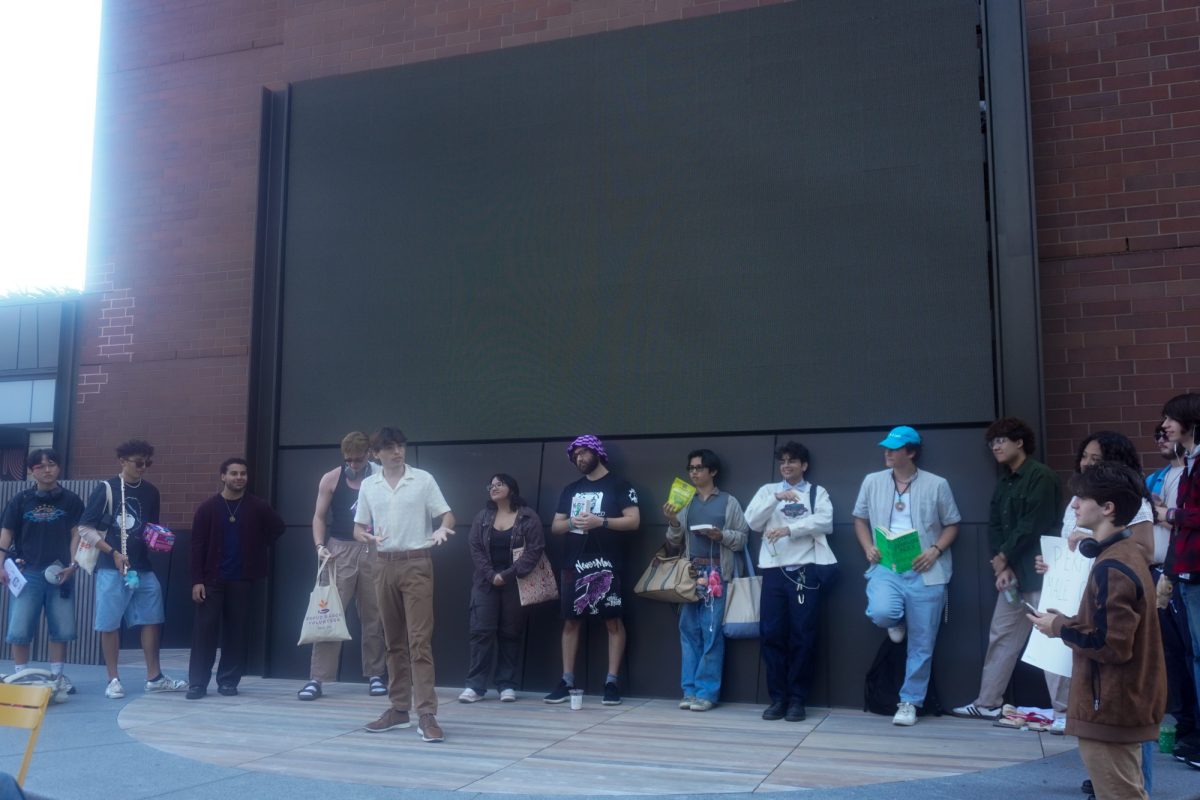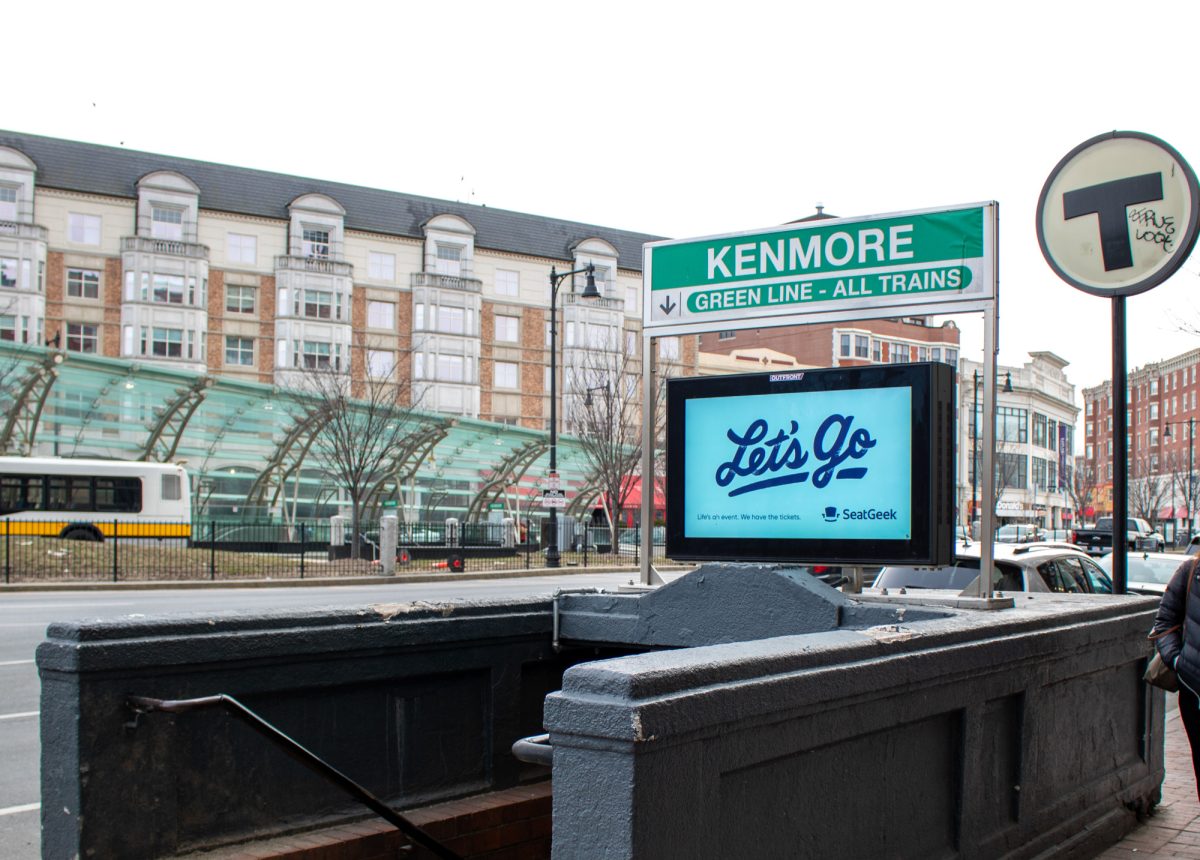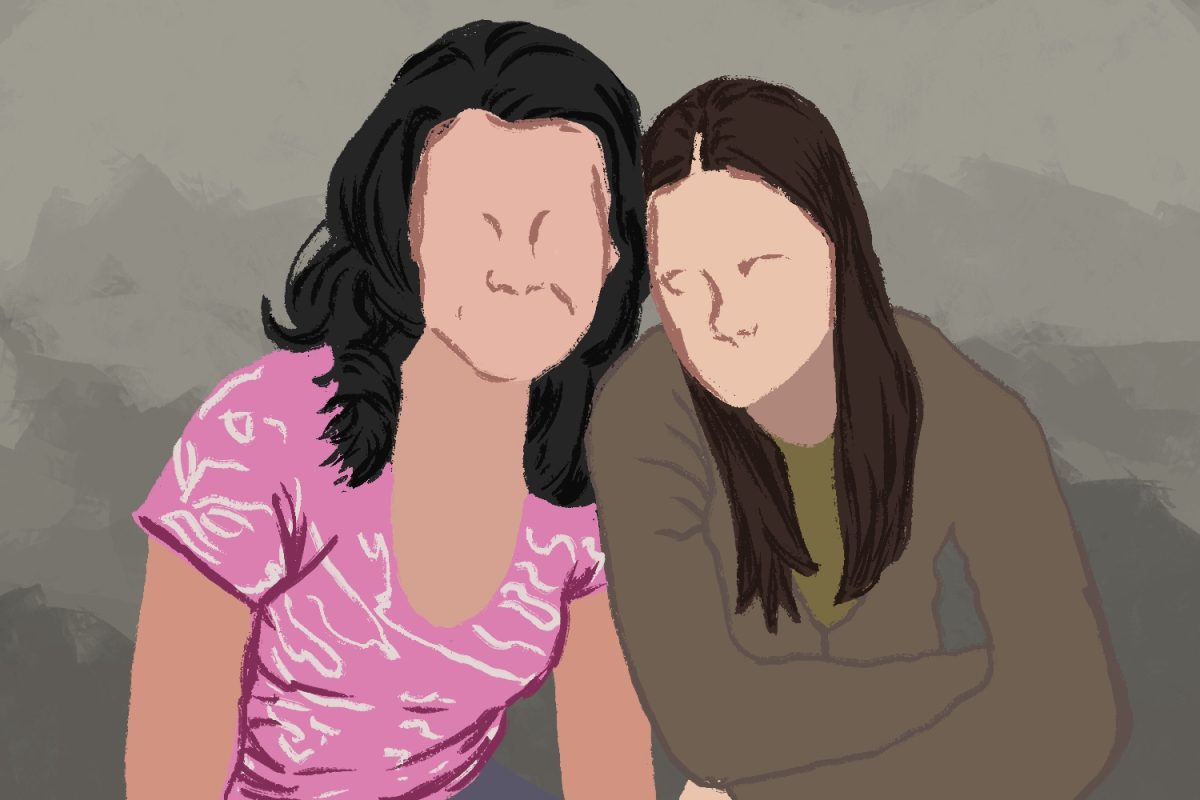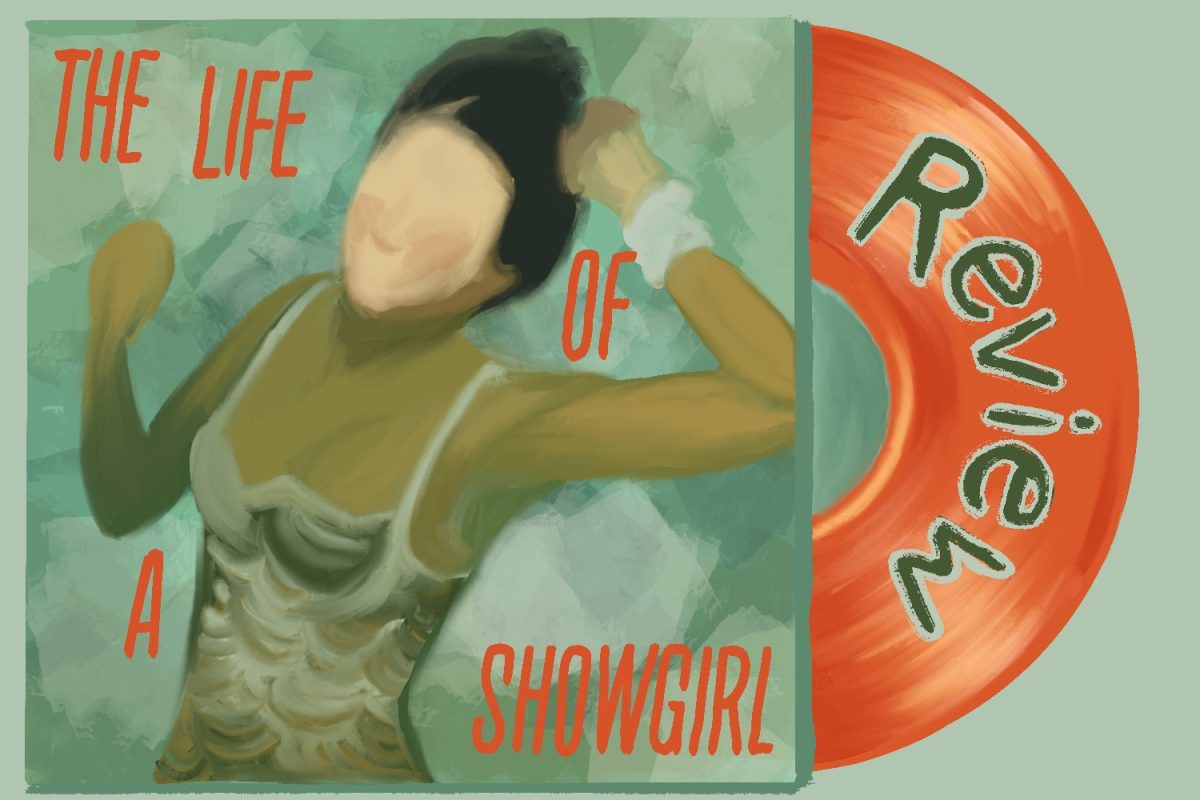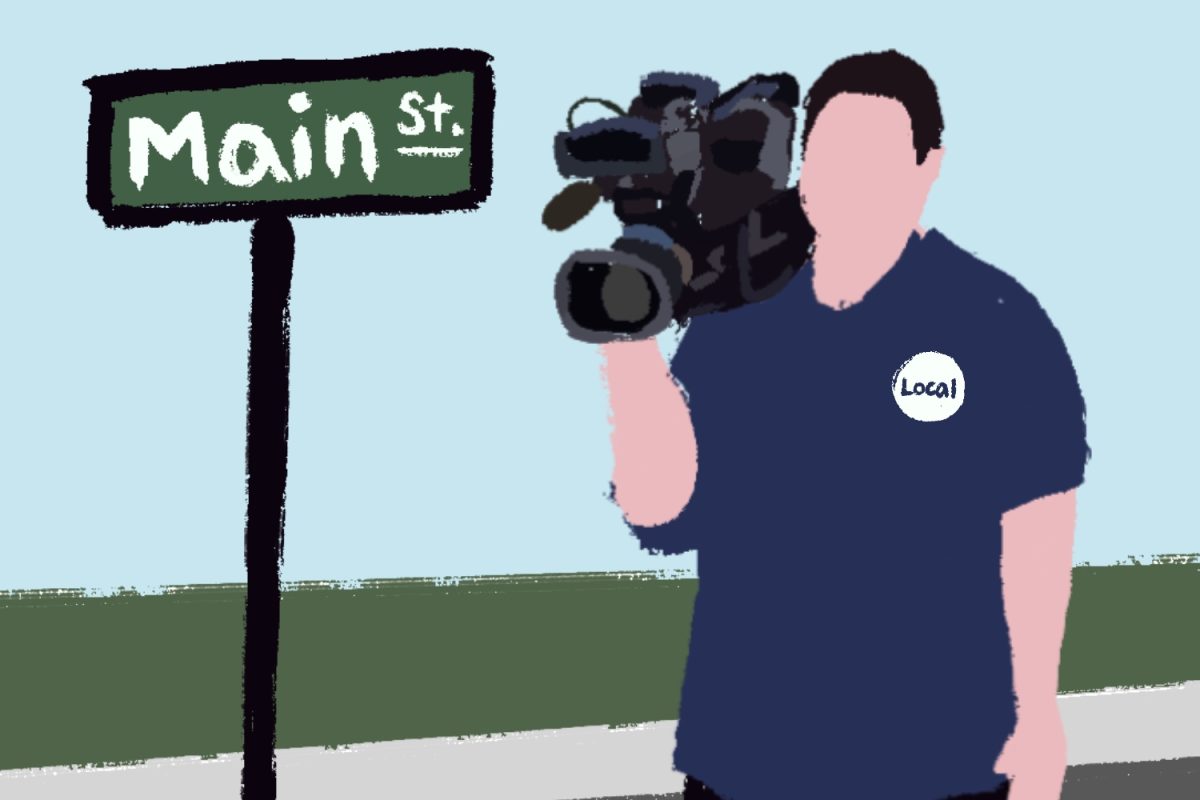Before I understood what news was — or what a meteorologist even did — I knew who Eric Fisher was.
He was the guy in a suit who talked about clouds and nor’easters on Channel 4.
At my grandmother’s house, we switched between Channel 4 and 5. When one station signed off for a break, the other was there to take its place.
I spent hours next to her on the vinyl ottoman in the living room, with its bright green carpet and welded-horseshoe lamps. We rotated between watching the news and playing her red digital poker game.
Anchors delivered headlines with commercial breaks for weatherproof windows and local car dealerships. And then Eric Fisher slid in to explain how a cold front was moving over the Cape. It didn’t matter if I fully understood what he meant — what mattered was that it was familiar.
As I grew older, I started to see myself in the news — literally. Like many kids in Greater Lowell, I took part in The Lowell Sun’s holiday drawing contest every December. For me, it was a big deal.
Each day leading up to Dec. 25, they’d print one child’s festive artwork in the paper. The year I was featured, I felt like I’d made it. My drawing and my name were printed in ink as proof that I existed and that I mattered in the small ecosystem of our city.
That was just the beginning. In middle and high school, I played on a few sports teams, and every so often, our games would get a blurb in the paper. Sometimes it was just a box score. Sometimes it was a full write-up.
But every time I saw my name — or a teammate’s — it was a moment of pride. Our lives, in these small ways, were being witnessed. My grandmother would cut out each article with my name or picture and put it on her fridge.
Later, a local reporter wrote an article about my dad and me.
We had been part of a school policy controversy regarding unlawful student searches. I remember opening Google and seeing it on the “Articles for You” recommendation. I excitedly read it out loud to my dad and sent it to everyone in my cell phone contacts.
By covering our story, the Lowell Sun did what it was meant to do: hold power accountable and amplify the experiences of ordinary people.
That’s what makes local journalism so vital. It may not be the most glamorous, but it’s deeply important. It tells the stories that national outlets would never notice. Local journalism documents the mundane and the monumental, and it does so with the understanding that both are important when they happen in your own backyard.

When I left home for college, I mostly stopped watching local news.
Like a lot of people, I started relying on my phone for weather updates and national outlets for breaking headlines. But every once in a while, my dad will send me an article from the Lowell Sun.
There’s something so beautiful about hearing what’s happening where you live — from someone who actually lives there, too.
In an era of constant content, local news isn’t fighting for your attention — it just shows up.
Every day with the same faces, at the same time. It’s easy to forget how comforting that can be.
Eric Fisher was just one familiar face in a system that helped make the world feel more understandable. He brought a steady presence — alongside every sports recap, contest result and article that took the time to notice kids like me.
My grandmother passed away before I finished high school. We’d stopped watching the news together by then, but I still think of those evenings when I see a Channel 5 segment in passing. I think of her recliner, my ottoman, the poker game and the daily rhythm of a broadcast that made the world feel closer to me.
It’s easy to overlook local media in a digital world. But when I look back at the moments that made me feel seen — my drawing in the Lowell Sun or my name in the sports section — I realize those are the things that shaped my relationship with the news.
Before I knew what journalism was, I knew who Eric Fisher was.


